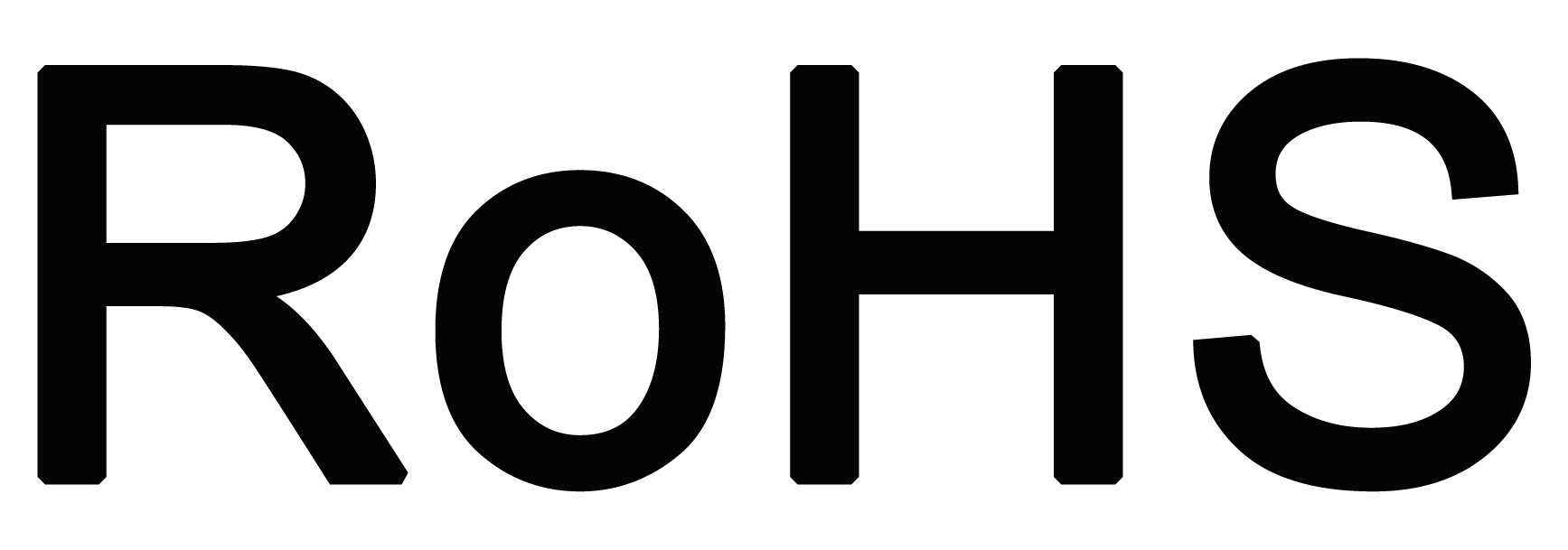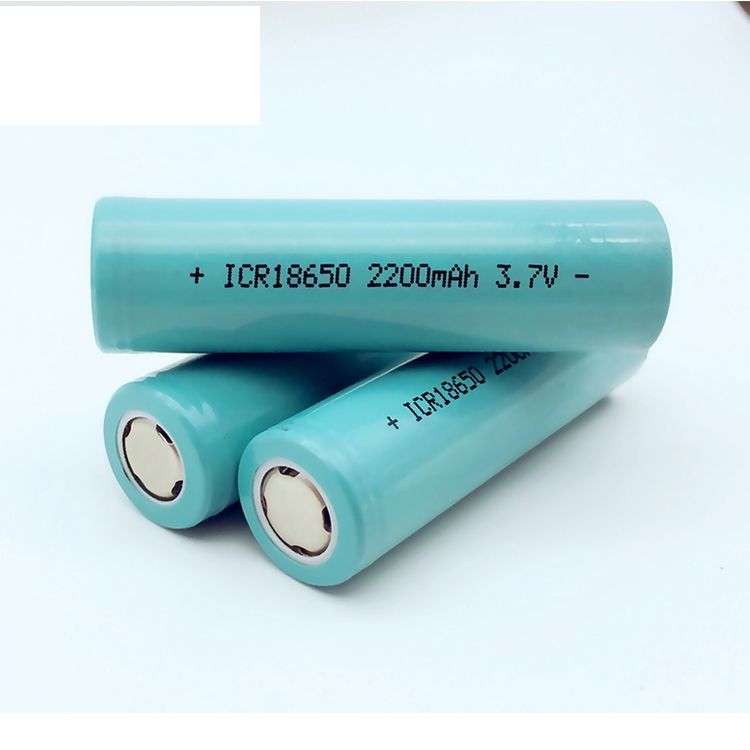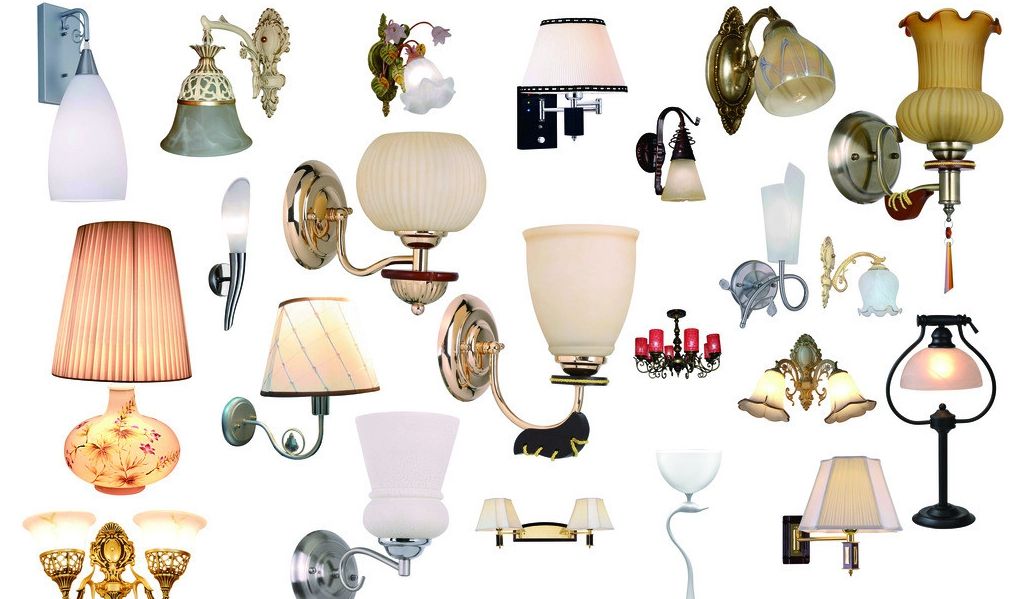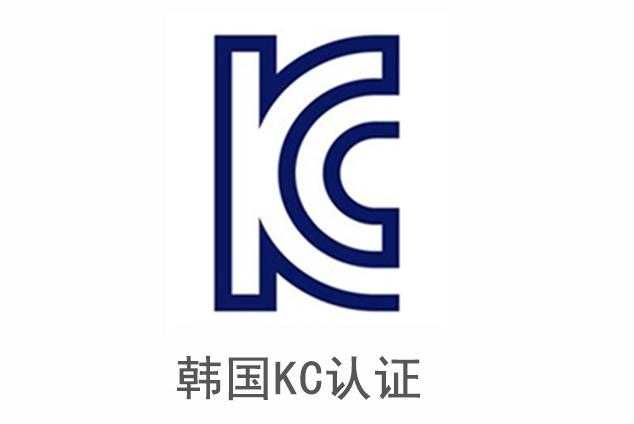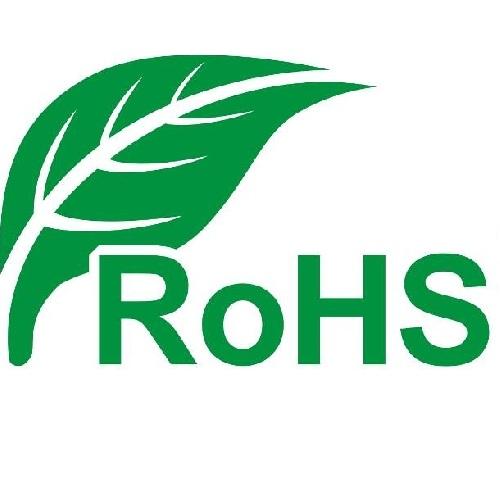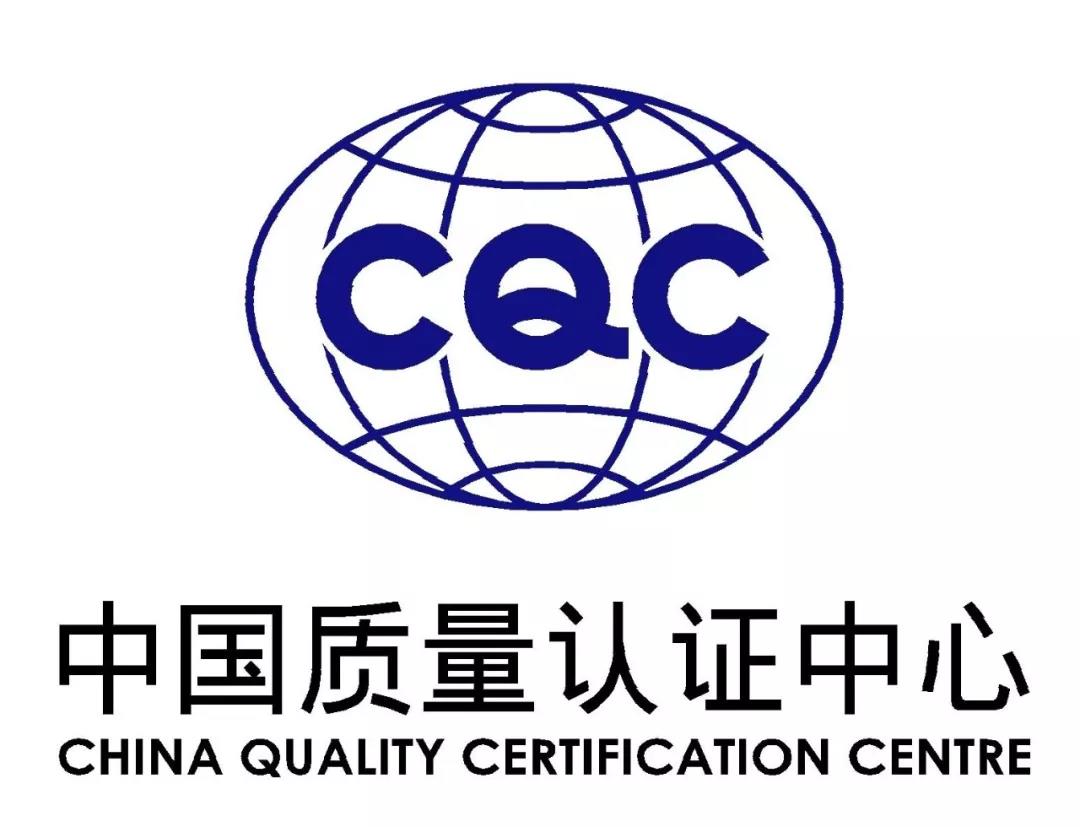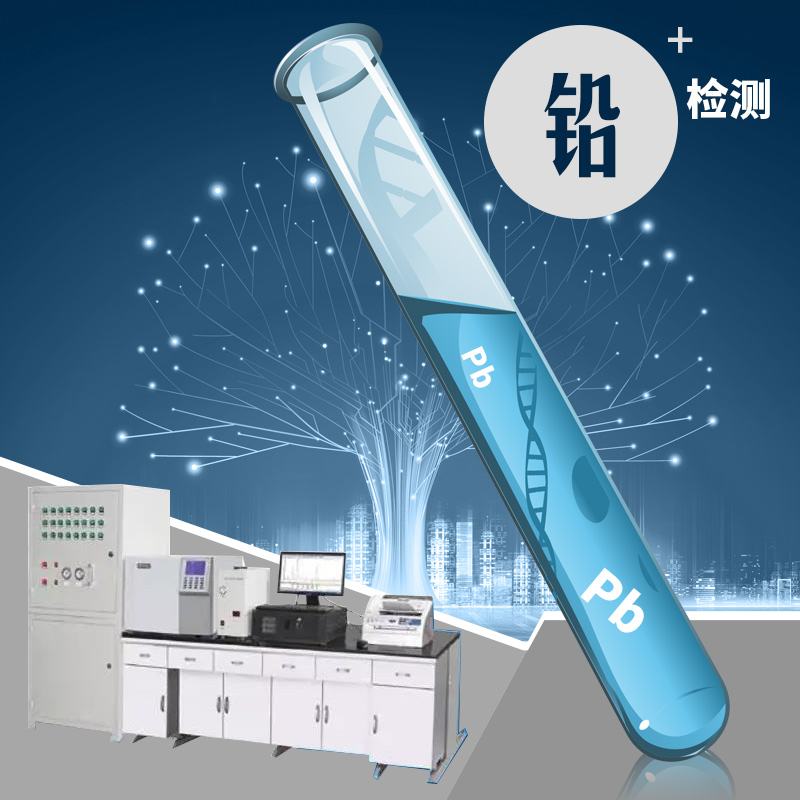-
RoHS certification is also called environmental certification, which is in line with European and American standards. It is the abbreviation of \"The restriction of the use of certain hazardous substances in electrical and electronic equipment\" (The restriction of the use of certain hazardous substances in electrical and electronic equipment). It stipulates that if lead, Pb, Imports of harmful heavy metals such as cadmium Cd, mercury Hg, hexavalent chromium Cr6+, polybrominated diphenyl ethers PBDE and polybrominated biphenyls PBB have been banned by the EU from July 1, 2006.
Time:2020-08-28
CTR:1363
-
With the widespread use of lithium batteries in mobile communications, electronic appliances and other fields, safety accidents caused by lithium battery explosions are not uncommon in recent years. You can often see in the news that lithium batteries explode or lithium batteries explode during battery charging while mobile phones are being charged. Safety accidents caused by fires, etc., so the battery performance test through the standard system is a way to solve whether the battery is safe and reliable.
Time:2020-08-28
CTR:1285
-
The so-called quality inspection report refers to the safety and performance testing of the product, successfully entering other platforms such as Tmall, JD.com or supermarkets, or as a reference standard for consumers. According to the three-level standard (national standard, ministerial standard and enterprise\'s own standard), carry out quality assessment, make basic evaluation, and analyze the reasons for qualified or unqualified quality. This is the main part of the quality inspection report. It is necessary to have a laboratory authorized by China Metrology Certification (CMA) + China National Accreditation Service for Conformity Assessment (CNAS), and the quality inspection report issued by it is valid.
Time:2020-08-27
CTR:964
-
KC (Korea Certification) certification, formerly known as EK certification, is South Korea’s electrical and electronic appliance safety certification system, that is, KC mark certification. The Korea Institute of Technology Standards (KATS) was established in 2009 in accordance with the Electrical Appliances Safety Management Act (ELECTRIC APPLIANCES SAFETY CONTROL ACT). The compulsory safety certification system implemented on January 1, from January 1, 2011, 13 certification marks have been included in the national comprehensive certification mark KC.
Time:2020-08-27
CTR:1253
-
Recently, the Official Journal of the European Union (OJ) issued new directives (EU) 2020/360, (EU) 2020/361, (EU) 2020/364, (EU) 2020/365, (EU) 2020/366, and revised ROHS directive 2011 /65/EU Appendix III and Appendix IV exemption clauses. This revision mainly subdivides the use of hexavalent chromium and lead in some exempt materials and gives a new exemption period according to the new classification.
Time:2020-08-26
CTR:1391
-
On August 13, 2020, the China Quality Certification Center (hereinafter referred to as CQC) issued the relevant requirements in accordance with the relevant requirements of the \"Implementation Opinions of the General Office of the State Council on Supporting the Transfer of Exported Products to Domestic Sales\" (Guobanfa [2020] No. 16). Notice of the green channel for compulsory product certification for products sold from exports to domestic markets.
Time:2020-08-26
CTR:1911
-
On August 4, 2020, the European Commission issued Regulation (EU) 2020/1149, which added the restriction clause on diisocyanates (diisocyanates) in item 74 of Annex XVII of REACH Regulation, and officially included diisocyanates in the restricted list of REACH regulations. The reason is respiratory sensitization. The regulations will come into effect on August 24, 2020.
Time:2020-08-25
CTR:1351
-
On July 15, 2020, the European Commission issued a draft revision of the lead exemption in the RoHS directive.The exemption of the lead restriction requirement is aimed at adapting the current law to the current technological progress and providing a sufficient adaptation period for the manufacturer\'s production process to comply with the RoHS directive.
Time:2020-08-25
CTR:1389











